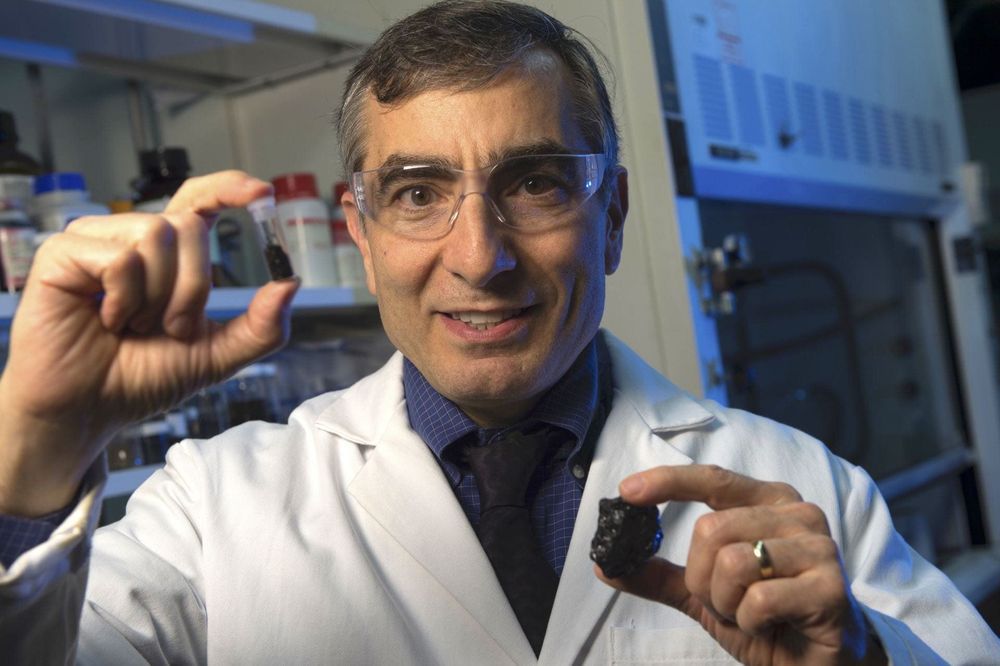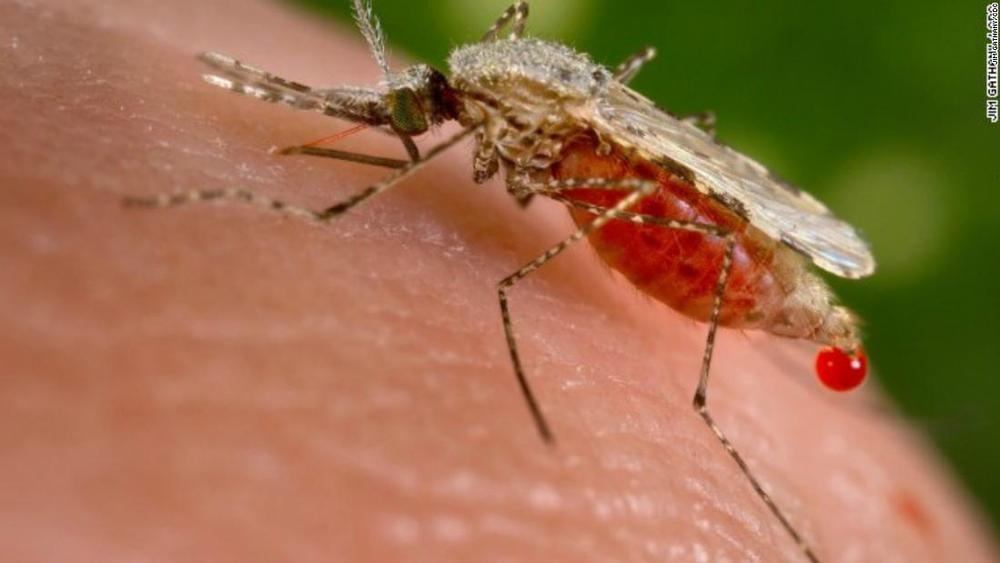Achieving these goals for the science division will be challenging. The WHO has a surprisingly small budget for its outsized role, and must work hard to secure consensus and cooperation from funders and member countries. However, all agree on the urgency of these tasks, and the need to come together and realize them. Greater coordination of science activities within the WHO will help to make that happen.
Soumya Swaminathan explains how the World Health Organization’s new science division can promote universal health coverage in all countries.






